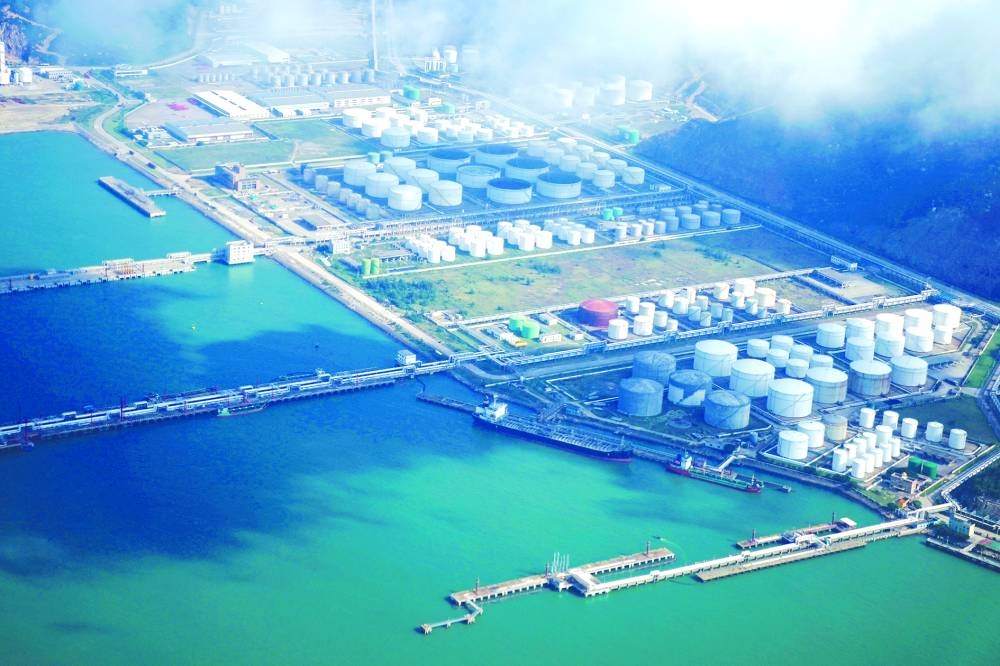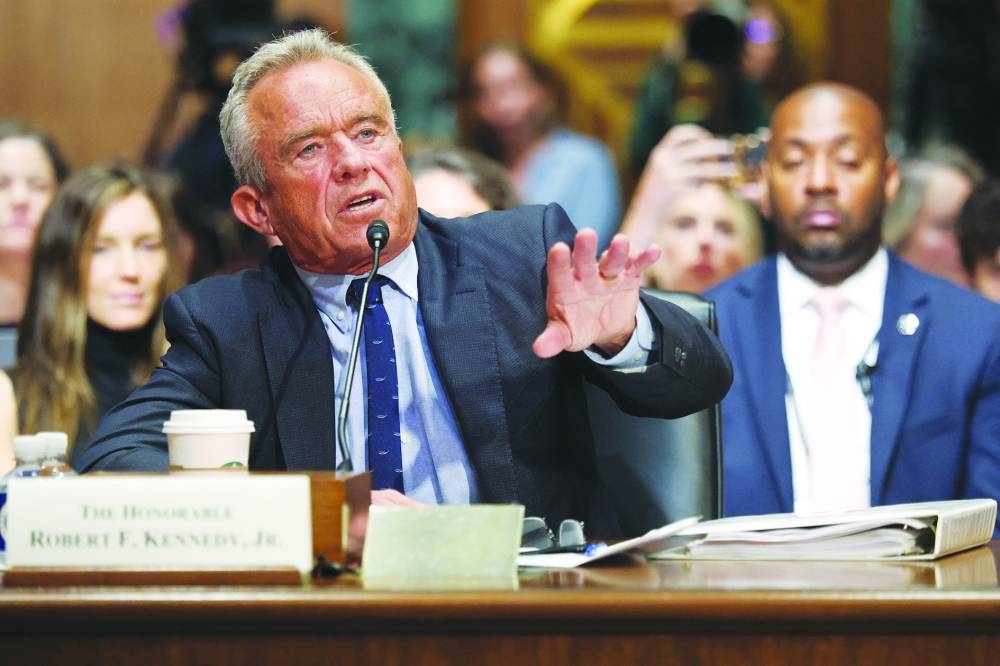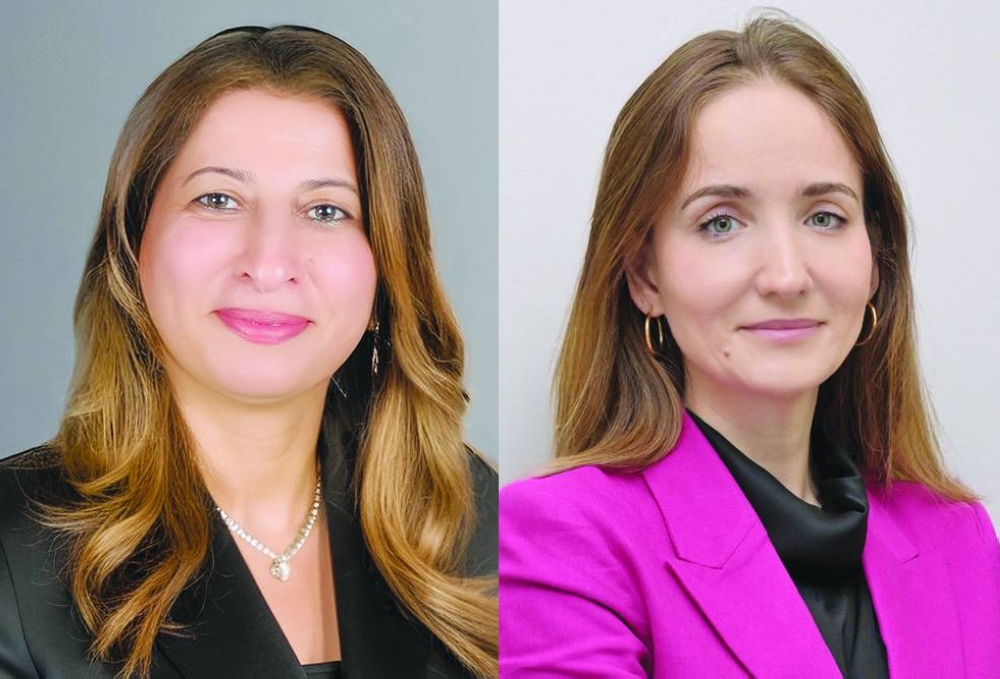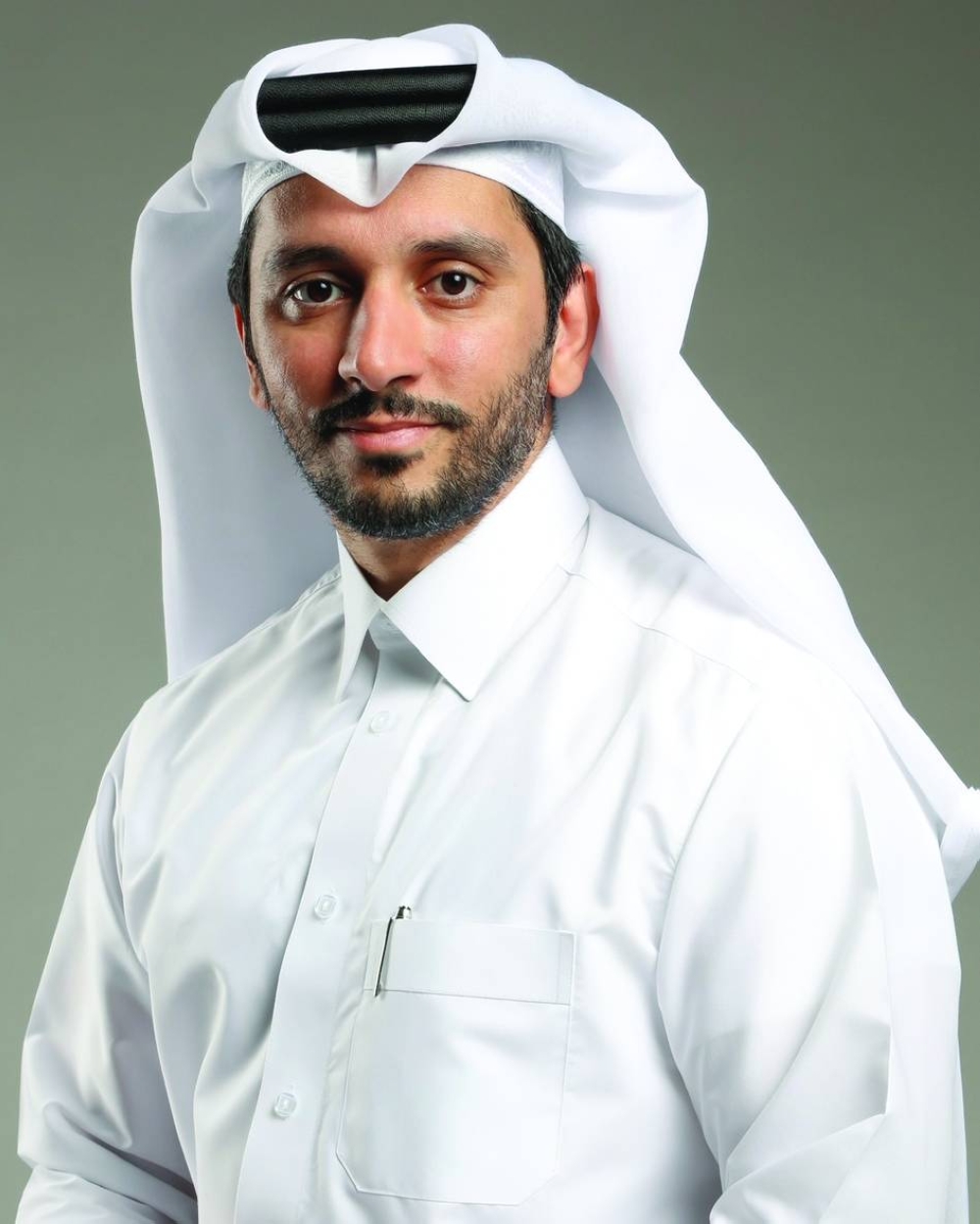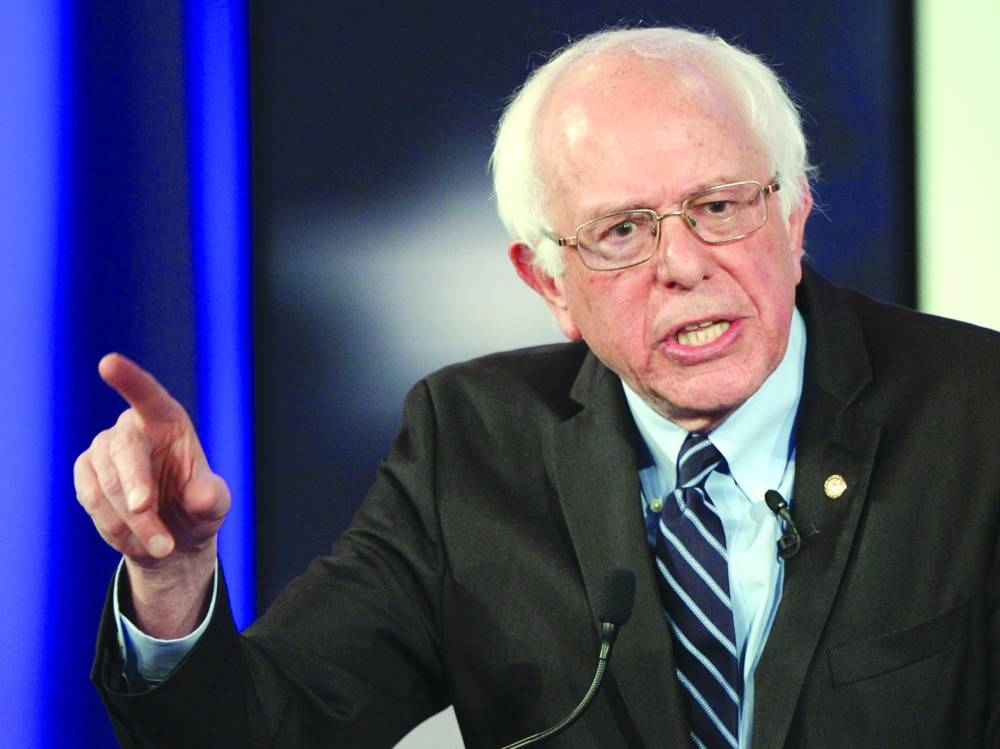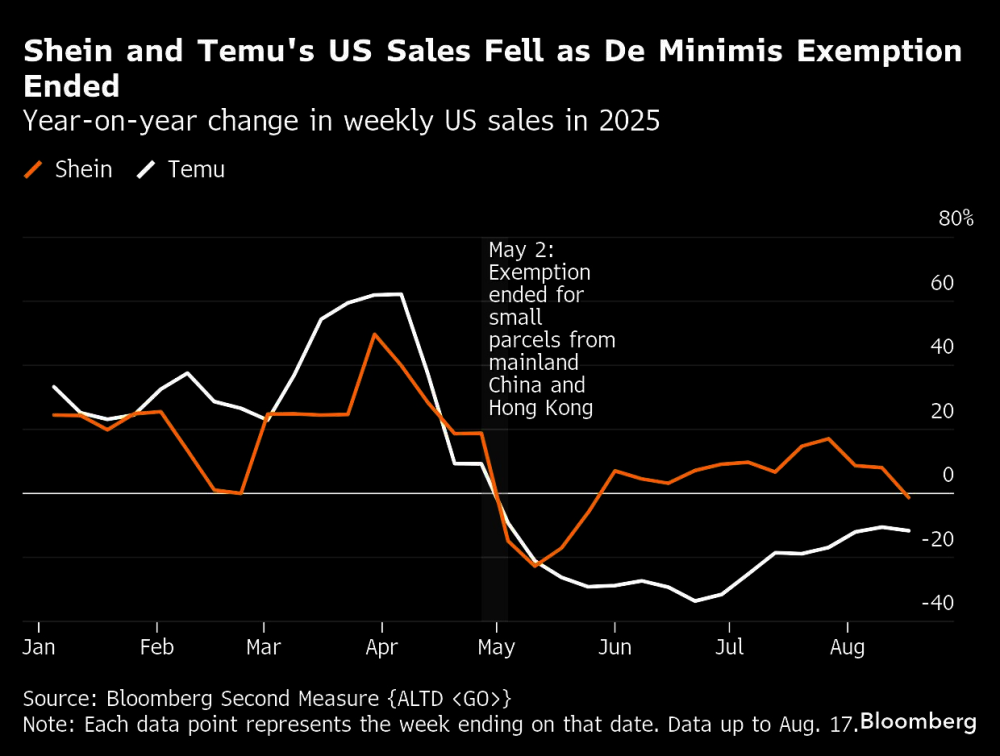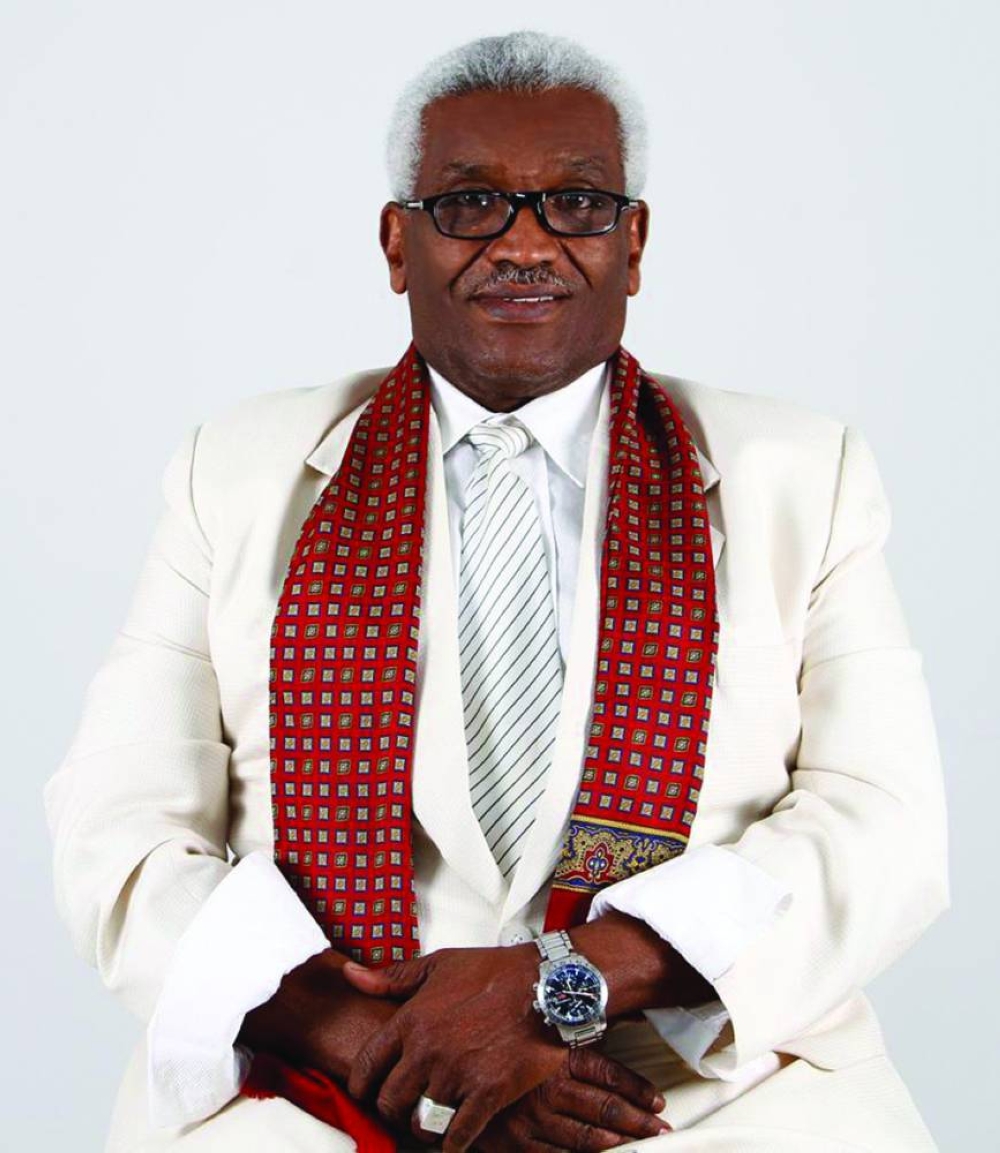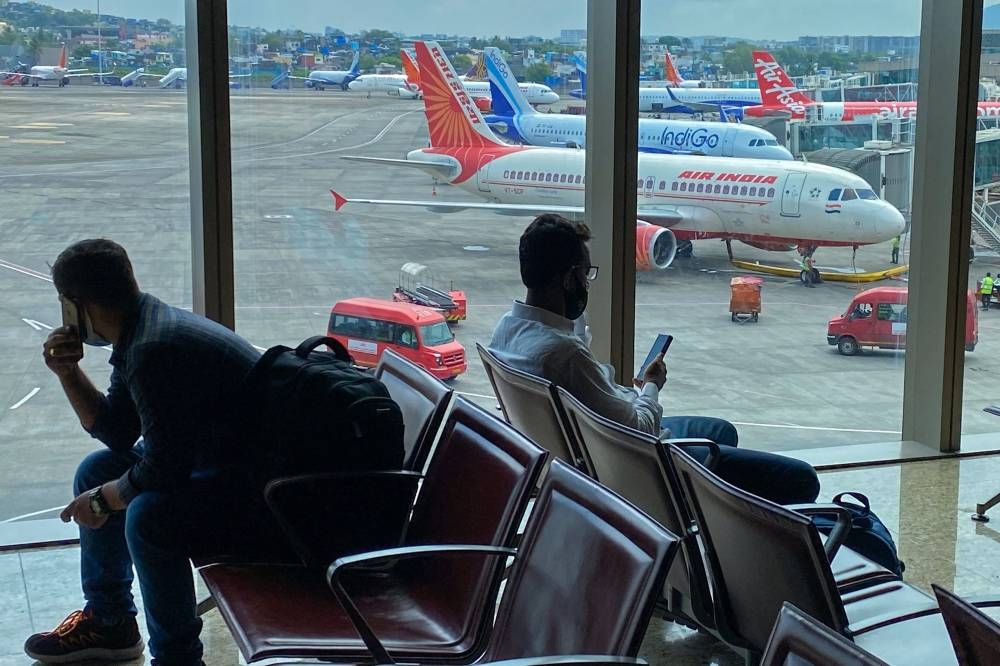The world is on the cusp of a historic global health accord. On April 16, 2025, World Health Organisation (WHO) member states forged a draft Pandemic Agreement after more than three years of negotiations. Adopted at the World Health Assembly in May, the agreement aims to make the world safer from future pandemics by strengthening global health infrastructure and collaboration. It also outlines clear targets and timelines to bolster health systems and prevent catastrophic health disasters like Covid-19. As WHO Director-General Dr Tedros Adhanom Ghebreyesus noted, this “generational accord demonstrates that even in a divided world, countries can unite for a shared response to shared threats”.
Lessons learned from Covid
The devastation wrought by Covid-19 was the undoubted catalyst for this agreement. In December 2021, amid the pandemic’s peak, WHO member states created an Intergovernmental Negotiating Body (INB) to develop a convention, agreement or other international instrument for pandemic prevention, preparedness and response. Over 13 formal rounds, countries gradually built consensus on a legally binding framework. These negotiations took place against a backdrop of high stakes and tensions as countries grappled with mistrust in the aftermath of Covid-19, geopolitical frictions, rampant misinformation, and even the withdrawal of the United States from the process.
Despite the challenges, this marks only the second time in WHO’s 75-year history that member states have created a binding international health accord. After adoption by the WHA, the agreement will require signatures and ratifications from 60 countries to enter into force.
Reaching this point was far from straightforward. One major sticking point was how to ensure fair access to vaccines, medicines, and other tools during pandemics, so that wealthy countries do not hoard supplies at the expense of poorer ones. Article 11 of the draft (on tech transfer) proved especially contentious, with hours spent debating how to help developing countries produce vaccines, diagnostics, and treatments.
The final text encouraged countries to promote tech transfer on mutually agreed terms — an outcome some poor nations worried may be too weak. Ambitions on intellectual property waivers were tempered by opposition from some wealthy nations and industry, illustrating the delicate balance struck in the draft.
Another obstacle was the question of Pathogen Access and Benefit Sharing (PABS). This refers to rules for rapidly sharing outbreak samples and data in addition to ensuring countries providing those pathogens receive benefits (like vaccines). Countries agreed in principle to a framework ensuring that 20% of pandemic supplies will be set aside for equitable distribution. However, the detailed PABS annex is yet to be finalised, meaning further negotiations will continue even after the main agreement’s adoption. This unresolved issue underscores how complex questions of equity and trust still need to be ironed out.
What the draft Pandemic Agreement proposes
The draft WHO Pandemic Agreement is ambitious in scope. It establishes priorities and targets for pandemic prevention, preparedness and response, and commits signatories to a range of supporting actions. For the first time ever, a global health treaty explicitly embraces a “One Health” approach that recognises the interconnected health of humans, animals, and environment. This means countries will co-ordinate across sectors to better detect and curb diseases that jump from animals to humans – the source of most new pandemics.
From there, the draft agreement underscores that strong national health systems are the foundation of pandemic preparedness, and countries should therefore fully invest in public health infrastructure, workforce training, and service delivery so they can respond swiftly to emergencies. It also envisions mobilising a skilled global health emergency workforce and financial mechanisms to fund preparedness efforts. In essence, nations recognise that preparedness requires sustained political and financial investment – something the agreement seeks to galvanise.
At its heart, the treaty is about ensuring a more equitable and effective global response when the next pandemic hits. The draft obligates governments to attach conditions to publicly funded Research and Development (R&D) requiring vaccines or drugs developed with taxpayer money be made accessible and affordable globally. Additionally, the agreement would establish a global supply chain and logistics network to co-ordinate allocation of critical supplies and prevent crippling bottlenecks or hoarding of items like masks and personal protective equipment.
Notably, the agreement takes care to affirm national sovereignty and dispel concerns about overreach. It explicitly states that nothing in the treaty gives WHO authority to dictate countries’ domestic health measures or laws. It cannot impose lockdowns, travel bans, or vaccine mandates. Such clauses were included to reassure governments and sceptics that the accord will respect each nation’s right to implement health policies as it sees fit.
Challenges and opportunities
While the agreement’s drafting is a diplomatic triumph, significant challenges lie ahead. Despite being formally adopted in May 2025, states will have 18 months to decide whether to formally join (ratify) the treaty. This process could take several years — more than enough time for another pandemic to strike. As former New Zealand Prime Minister Helen Clark urged, leaders “should be investing now in pandemic preparedness... We can’t afford another pandemic, but we can afford to prevent one”. Achieving the treaty’s vision will therefore require continuous political commitment and funding starting immediately.
Implementation also faces significant geopolitical and financial headwinds. The United States’ absence casts an alarming shadow. Many worry that without the world’s biggest economy - not to mention the WHO’s largest donor - on board, funding and compliance could suffer. Others nevertheless see the wider consensus as a show that with or without the US, countries are committed to working together. Washington’s stance could evolve with political changes. In the meantime, however, the rest of the world’s commitment underscores a broader point: the WHO’s reliance on a few major donors has been a vulnerability, and diversifying support is crucial.
A policy breakthrough, but not a panacea
On reflection, the agreement represents a major policy breakthrough in global health governance. For the first time, the world will have a comprehensive framework dedicated to pandemics, treating them as existential global security threats requiring a unified response. The agreement’s adoption reaffirms the WHO’s coordinating role and provides a platform for holding countries accountable to improve their capacities. It embodies hard-won consensus on principles like solidarity, fairness, and the notion that no country should be left behind when a health emergency strikes.
Yet no treaty alone can guarantee global health security. Implementation will be the real test. Countries must follow through on investing in their healthcare systems, training health workers, building vaccine manufacturing hubs, and sharing data transparently. The treaty provides mechanisms for financing and other tools, but these need political will to function.
Another critical factor is sustained funding and donor confidence in WHO and global health initiatives. The pandemic agreement arrives at a time when multilateral agencies have been battered by funding uncertainties – not least due to the US funding cutbacks and withdrawal. The hope is that this new agreement, by demonstrating global unity and a clear plan, will improve relations between donors and inspire increased investment in pandemic preparedness. A successful pandemic accord could convince both wealthy countries and philanthropies that their money will be used effectively to build a safer world — potentially unlocking more generous contributions. The example of Qatar’s flexible funding and growing roster of mid-sized donors show a trend of broader support that needs to continue.
Realising the entire draft’s aspirations ultimately requires continued political resolve, resources, and inclusive collaboration. The involvement of all nations – big and small – will be necessary to operationalise the agreement’s provisions and keep momentum. Multilateral success stories like this treaty are rare, and thus precious. As Dr Tedros said, the agreement is a victory for public health, science and multilateral action. Now the world must translate words on paper into action.
Dr Esmat Zaidan is Associate Professor and Associate Dean for Academic AffairsDr Diana AlSayed Hassan is Assistant Professor, both at Hamad Bin Khalifa University’s College of Public Policy.
(This piece has been submitted by HBKU’s Communications Directorate on behalf of its authors. The thoughts and views expressed are the authors’ own and do not necessarily reflect an official University stance).
About Hamad Bin Khalifa University Innovating Today, Shaping TomorrowHamad Bin Khalifa University (HBKU), a member of Qatar Foundation for Education, Science and Community Development (QF), is a leading, innovation-centric university committed to advancing education and research to address critical challenges facing Qatar and beyond. HBKU develops multidisciplinary academic programs and national research capabilities that drive collaboration with leading global institutions. The university is dedicated to equipping future leaders with an entrepreneurial mindset and advancing innovative solutions that create a positive global impact.
For more information about HBKU, its colleges, research institutes, and initiatives, please visit www.hbku.edu.qa

